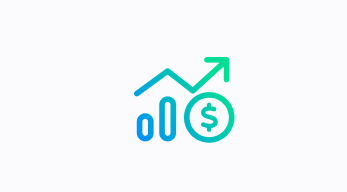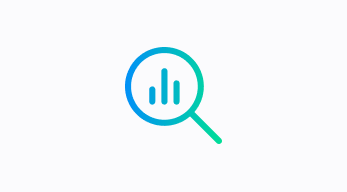
ICIS Chemical Foresight
Gain a competitive edge, with a comprehensive view of your markets
In volatile markets, anticipate change and adapt faster
Confidently plan ahead and benchmark your performance with Foresight, a unique digital solution that seamlessly integrates with your operational systems and processes. Foresight empowers you to compete and negotiate effectively, delivering a clear view of the chemicals value chain, both current and future.
Maximise your competitive edge and unlock limitless possibilities with real-time and forward-looking price and margin data, 24-hour news updates and exclusive insight from over 250 analysts and editors embedded in key chemical markets around the world.
Please visit the Chemicals homepage to see the commodities for which Foresight is available.
RELATED LINKS:

ICIS Foresight – Base Oil Asia-Pacific
Buy, plan and negotiate more effectively with 18-month price forecasts and analytics. Monitor cost pressures and identify early signs of production shifts.
Compete effectively, with a forward-looking market view

Price forecasts
An expert view on how prices will evolve, up to 18 months ahead.

Margin analytics
Pricing data, market analytics and expert insight in a single, digital solution, with powerful integrated workflow tools such as API, sFTP Excel plugin and Snowflake.

Price assessments and reports
Independent reports on market trends and price history analysis with custom email alerts on price changes, news and outages.

Price history
A comprehensive archive of past prices, revealing historical patterns that inform current and future trends.

Price driver analytics
A unique combination of interactive, analytic tools featuring downloadable charts and impact commentaries from ICIS’ global market experts.

Market analysis
Expert analysis of movements in pricing, supply and demand, changes in regulation and all the issues impacting markets.

Dedicated news channel
Covering the latest news including outages and disruptions, with real-time alerts, all in one place.

Supply and demand data
Identify new sources of supply, save costs and minimise risk through an integrated viewpoint across global and regional markets.
News and insight
Resource hub
For all the latest news and insight, please visit the ICIS Resource hub.
Related news feed
Access our full range of breaking news and analysis.
Podcast library
Stay ahead of your markets with expert insight that you can listen to on the go.
Contact Us
Partnering with ICIS unlocks a vision of a future you can trust and achieve. We leverage our unrivalled network of industry experts to deliver a comprehensive market view based on trusted data, insight and analytics, supporting our partners as they transact today and plan for tomorrow.
